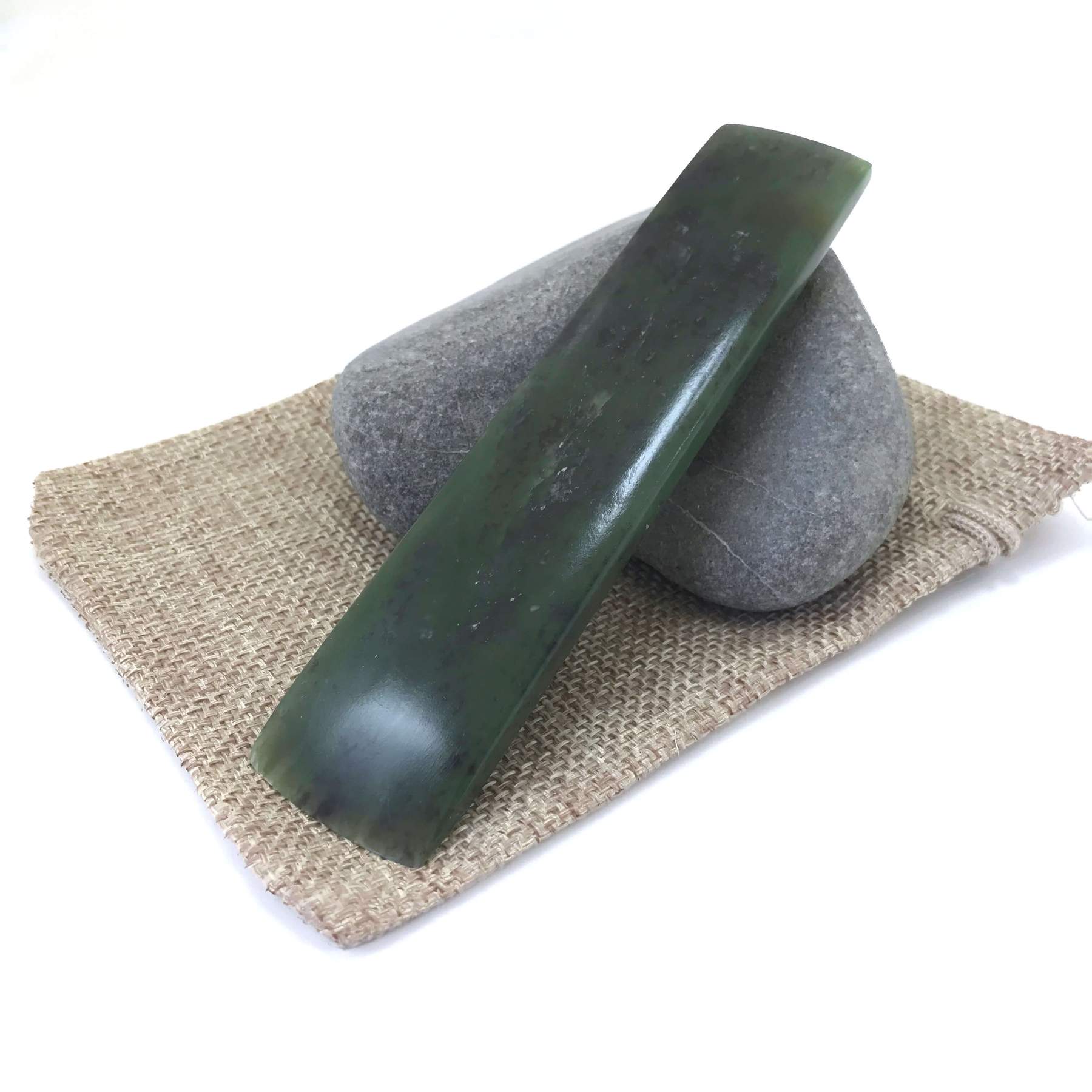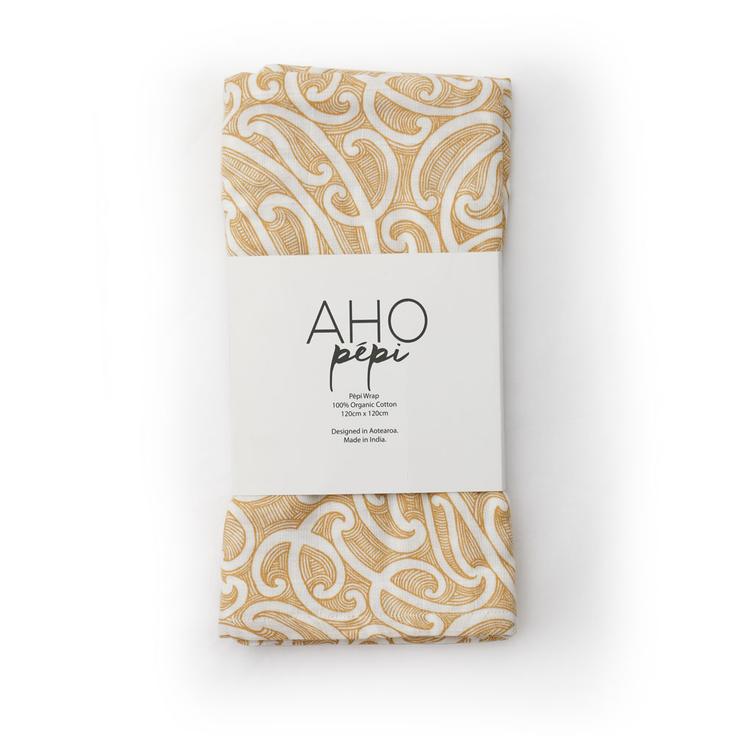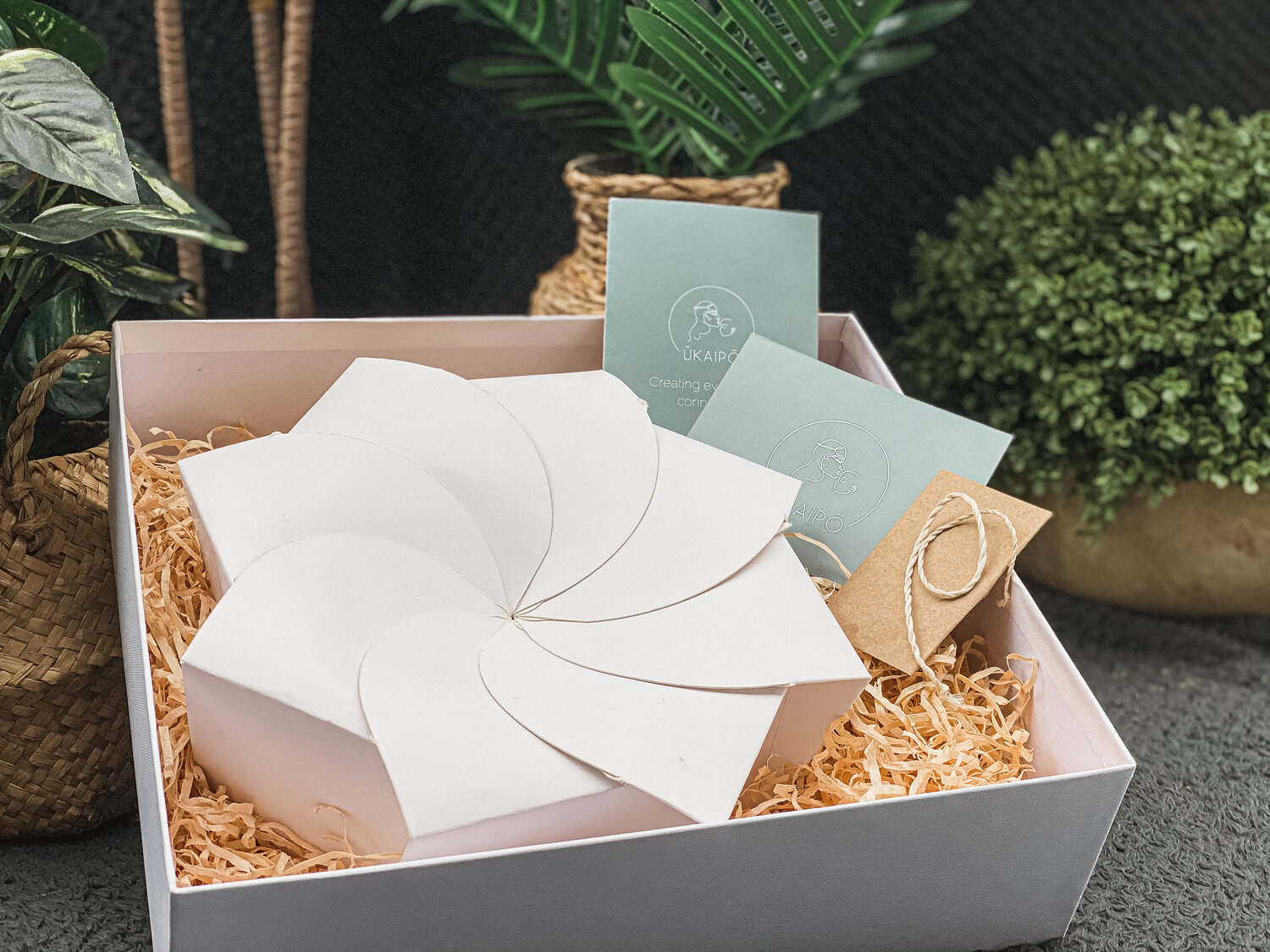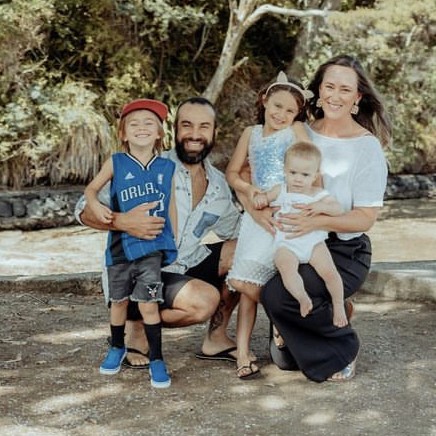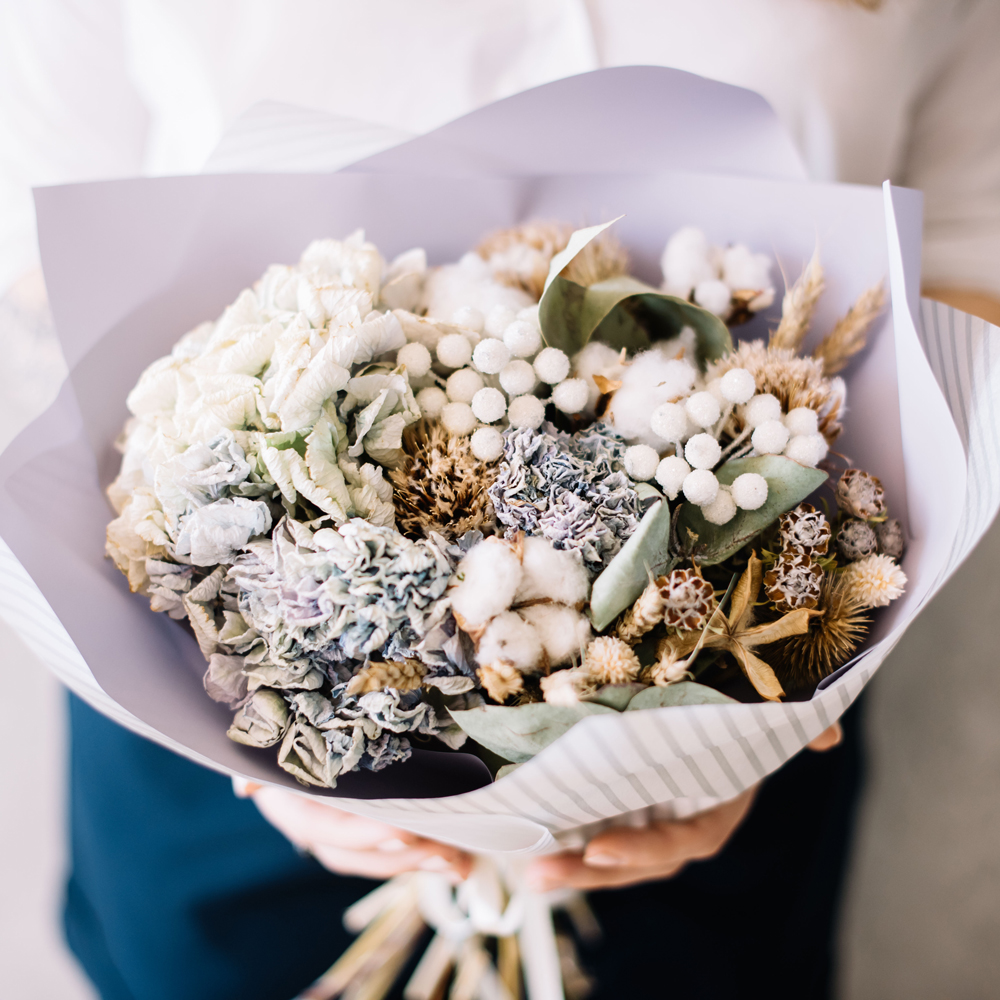Māoritanga: Pregnancy, Labour and Birth
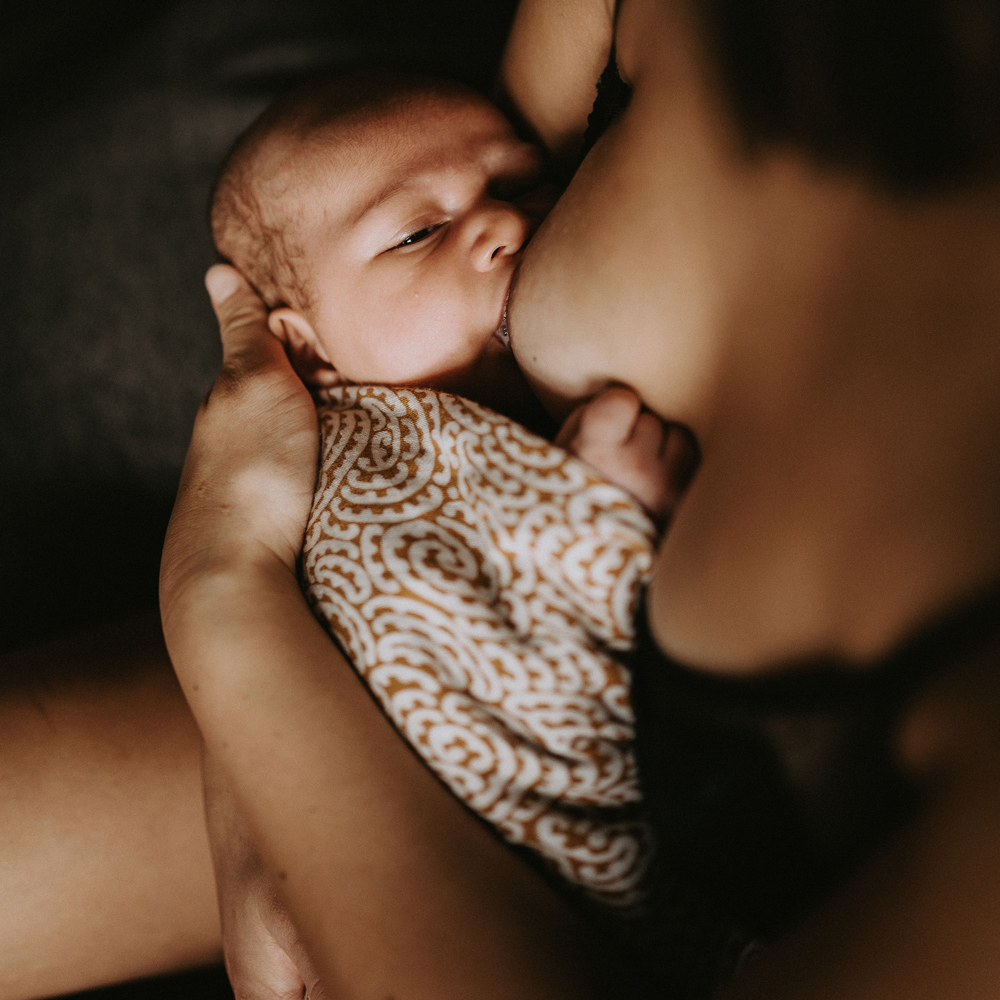
PHOTOGRAPHY Catherine Smith @catherinesmithphotography
Customs, cultural practices, and beliefs of tangata whenua during hapūtanga and whakawhānau.
In Te Ao Māori, health can be understood by the concept Te Whare Tapa Whā. The wharenui symbolises the four dimensions of wellbeing. These cornerstones are taha tinana (physical wellbeing), taha wairua (spiritual wellbeing), taha whānau (family wellbeing), taha hinengaro (mental wellbeing), all of which are integral to Māori maternity care.
For Māori, hapūtanga and whakawhānau are regarded as tapu. There is both physicality and spirituality to bringing precious new life into the world as a continuation of whānau, hapū and iwi. It is through childbirth that whakapapa is created.
Here, we’ll share some traditional Māori beliefs, knowing that as a concept tikanga is dynamic and can differ across iwi and hapū. While many of the values and ideologies are widely acknowledged across Aotearoa, each iwi often has their own tikanga or methods for approaching certain practices, so you may wish to do some further research into the customs of your own iwi/hapū and how these can be applied to you today.
This is by no means an exhaustive list but simply an introduction to whakawhānau with a tikanga focus. Should you feel called to embrace any of these customs on your journey to becoming a māmā – whether you identify as tangata whenua or not – all of these rituals hold meaning and are intrinsic to Te Ao Māori. Therefore, they should be practiced in a way that feels authentic to your whānau.
During hapūtanga, your pēpi is protected by te whare tangata, the womb, before they enter Te Ao Mārama, the world of light, through birth.
Whakawhānau
Due to the sacredness of childbirth, people traditionally gave birth in specially built shelters – called whare kōhanga by some tribes – and afterwards the dwelling would be burned. In a modern context, birthing people may feel called to give birth at their tūrangawaewae which could be ancestral land, their home, or another place of significance.
During labour and birth, karakia are recited to acknowledge Te Ao Wairua and to call on the atua, Hineteiwaiwa to safeguard the birthing person and their pēpi. Other rongoā methods such as waiata, taonga pūoro, and mirimiri may be practiced by tohunga as well.
Once the pēpi is born, a muka tie is used to tie their umbilical cord. Muka ties are made from harakeke fibre which has antiseptic and antifungal properties. A pito cutter tool is then used to sever the umbilical cord. Depending where you’re from, the pito cutter may be crafted from stone, such as pounamu, or another natural resource like a shell.
After the birth, an oriori composed by the child’s kaumātua is sung to the pēpi to celebrate their arrival. The oriori speaks of their whakapapa and connects the child to their atua as spiritual guides.
As tangata whenua, giving your pēpi a Māori name can be a significant reclamation of your whakapapa and a way to honour your tūpuna.
Postnatal
In Te Reo Māori, the word for both placenta and land is ‘whenua’. This dual meaning pays homage to the deep significance of Papatūānuku and her spiritual connection to the placenta; the land is the body of Papatūānuku, the earth mother who first gave life to all things, and the placenta is the life force during pregnancy. After birth, it is customary to return the whenua (placenta) to whenua (land). The placenta is traditionally buried in an ipu whenua made from uku (clay), harakeke (flax) or another natural resource at a special place or beneath a native tree at your tūrangawaewae.
Ūkaipō Rau Whenua Planting Package, $129.95.
Glossary
Atua – Gods, ancestor
Hapu/Hapū – Pregnant, sub-tribe, clan
Hapūtanga – Pregnancy
Hineteiwaiwa – Atua of Te Whare Pora (house of weaving) and guardian of childbirth
Ipu whenua – Vessel for storing the placenta
Iwi – Tribe
Karakia – Prayer, incantation
Kaumātua – Elders
Kaupapa Māori – Māori approach, topic, customary practice, principles, ideology
Mātua – Parents
Mirimiri – Massage
Mokopuna – Grandchild, younger generation
Oriori – Lullaby
Papatūānuku – Mother Earth
Pēpi – Baby, infant
Pēpi-pod/wahakura – Bassinet
Rongoā – Traditional Māori healing and medicine
Tamariki – Children
Tāne – Male, man
Tangata whenua – People of the land (Māori)
Taonga pūoro – Traditional Māori musical instruments
Tapu – Sacred, special, private, confidential, restricted
Te Ao Māori – The Māori world view
Te Ao Mārama – The world of light
Te Ao Wairua – The spiritual world
Te Reo Māori – The Māori language
Te Whare Tapa Whā – Māori health model
Tikanga – Custom, meaning
Tohunga – Healer, expert, priest
Tūpuna – Ancestors, grandparent
Tūrangawaewae – ‘A place to stand’, home base
Wahine – Woman
Wāhine – Women (plural)
Wahine hapū – Pregnant woman
Waiata – Song
Wairua – Spirit, spirituality, soul
Whakapapa – Genealogy
Whakawhānau – To give birth, childbirth
Whare tangata – Womb, uterus
Wharenui – Communal house within the marae
Whenua – Land, country, earth, ground, placenta
Additional resources
Listen: Friday Podcsats From ECSP and MHI – Māori Midwives on the Power of Indigenous Birthing Practices
Watch: My Māori Midwife
